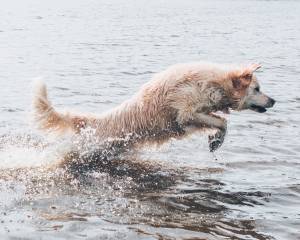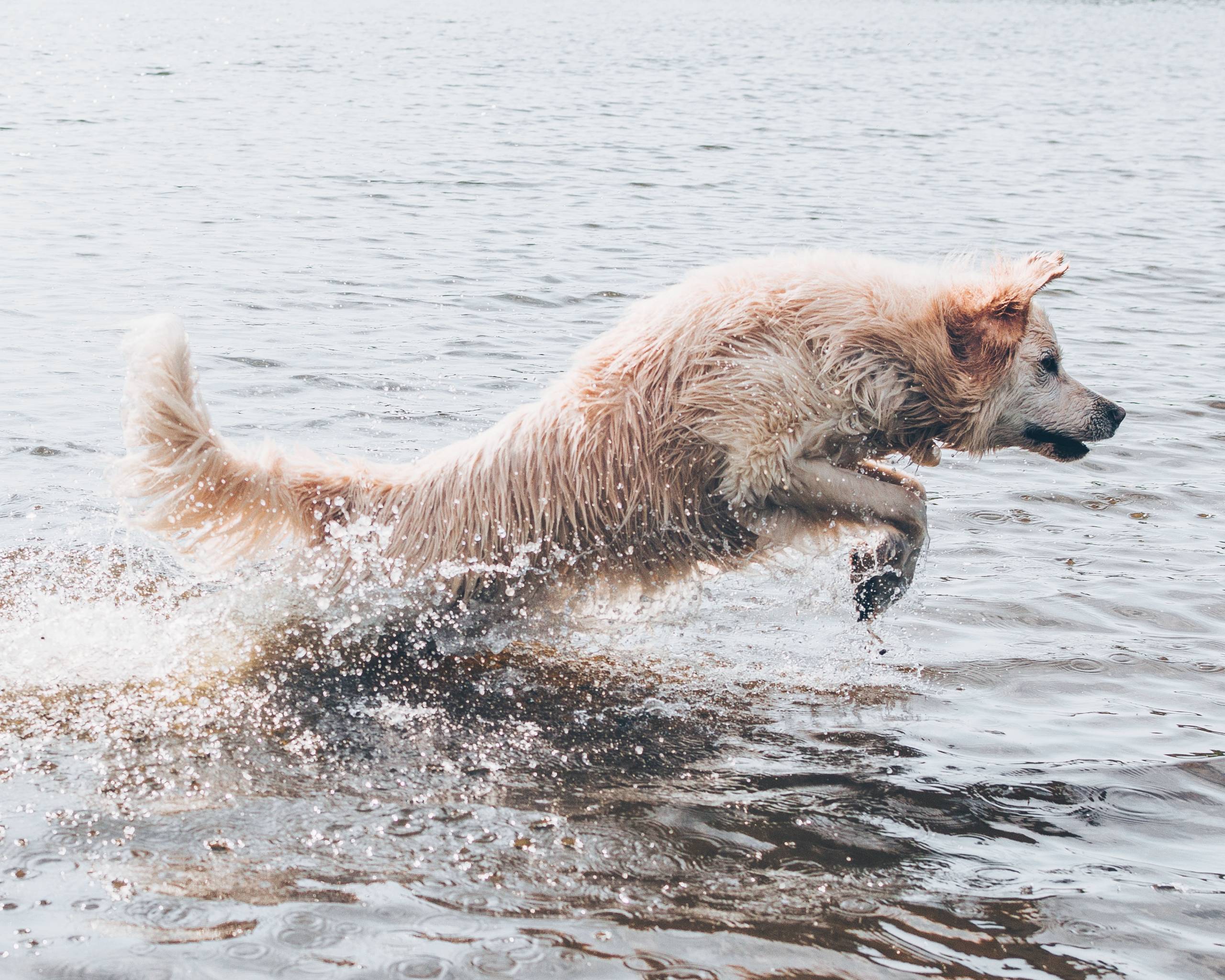
Understanding the causes
Before we dive into how to manage diarrhea in dogs, it’s important to understand the potential causes. Diarrhea can be triggered by various factors, including dietary indiscretion, sudden changes in diet, food allergies, infections, parasites, or even stress. If your dog’s diarrhea persists for more than a day or is accompanied by other concerning symptoms such as lethargy, vomiting, or blood in the stool, it’s crucial to seek advice from a veterinarian to rule out any serious underlying conditions.
Managing your dog’s diet
When your dog is experiencing diarrhea, it’s essential to monitor their diet carefully. For the first 12-24 hours, consider withholding food to give their digestive system a chance to settle. However, it’s crucial to ensure they have access to plenty of fresh water to prevent dehydration. Once the initial fasting period is over, gradually reintroduce bland, easily digestible food such as boiled chicken and rice. This gentle diet can help soothe your dog’s stomach and aid in firming up their stool.
Probiotics and hydration
In addition to adjusting your dog’s diet, you may want to consider incorporating probiotics into their routine. Probiotics are beneficial bacteria that can aid in restoring the balance of your dog’s gut flora, promoting healthy digestion. You can find probiotic supplements specifically formulated for dogs at pet stores or consult with your veterinarian for recommendations. Alongside dietary adjustments, ensuring your dog remains well-hydrated is crucial. Diarrhea can lead to dehydration, so it’s important to encourage your pet to drink water regularly. If you’re concerned about their fluid intake, you can try offering ice cubes or diluted chicken broth to entice them to drink.
When to seek veterinary care
While mild cases of diarrhea can often be managed at home, there are instances where professional veterinary care is necessary. If your dog’s diarrhea persists for more than 24 hours, is accompanied by other concerning symptoms, or if you notice a significant change in their behavior, it’s important to seek guidance from a veterinarian. Additionally, if your dog is a young puppy, a senior, or has an underlying health condition, it’s best to err on the side of caution and consult with a professional promptly.
Dealing with a dog suffering from diarrhea can be worrying, but in many cases, it can be managed effectively at home. By adjusting your dog’s diet, ensuring they remain hydrated, and considering the use of probiotics, you can often help your pet through this uncomfortable experience. However, it’s important to remember that if you’re ever in doubt or if your dog’s condition doesn’t improve, seeking guidance from a veterinarian is always the best course of action. With a little care and attention, your furry friend will hopefully be back to their happy, healthy self in no time.
[/fusion_text]

